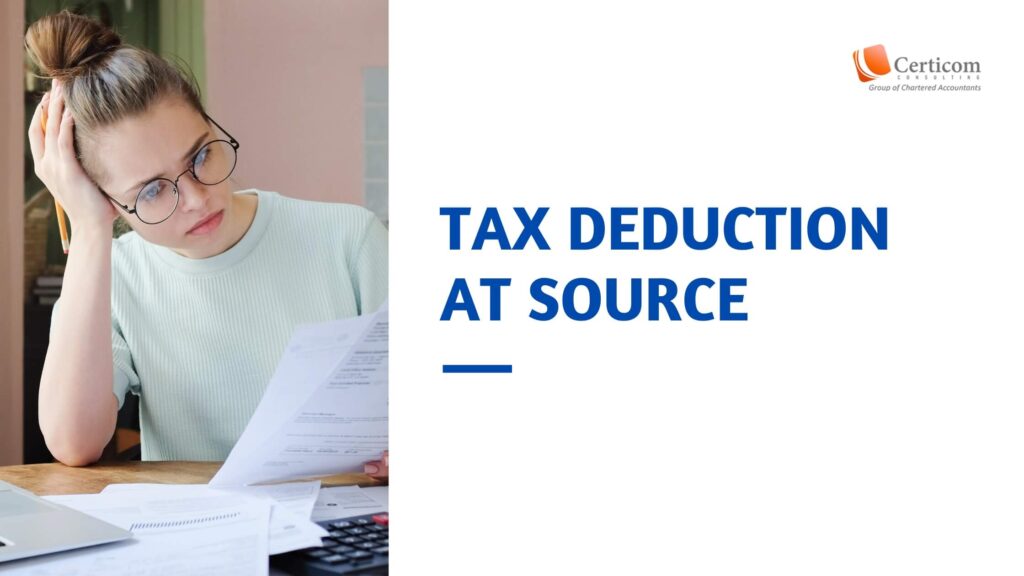- Have any questions?
Filing Income Tax Returns Including Foreign Income
Filing Income Tax Returns for Foreign Income: Understanding Residential Status, Utilizing DTAA Provisions, and Following Procedural Requirements

With the upcoming July 31 deadline for filing income tax returns (ITRs) for the financial year 2023-24, taxpayers are likely in the process of collecting necessary documents to ensure they are well-prepared. Specifically, individuals earning foreign income need to go a step further by comprehensively understanding their residential status and international taxation agreements.
Key Considerations for Individuals with Foreign Income
Determining Residential Status: The initial step for individuals earning foreign income is to evaluate their residential status.
Significance for NRIs: Non-Resident Indians (NRIs) can be assured, as income earned abroad is not taxable in India.
Tax Obligations for Resident Indians: Resident Indians are required to report foreign income, subject to taxes based on applicable slab rates.
Understanding DTAA: Highlighting the importance of Double Taxation Avoidance Agreements (DTAA).

Taxpayers should verify the existence of such agreements between India and the country of their foreign income.
Under DTAA, individuals can claim credits for taxes paid abroad, preventing the double taxation of the same income.
Different types of foreign income include dividends, interest, and capital gains from investments made abroad.
“Residency in India entails that all income, whether earned within India or outside India, is taxable in India. Many individuals nowadays invest in foreign stock exchanges, making dividends, interest, and capital gains from foreign investments part of their regular income.”
Section 90 of the Income Tax Act provides tax relief in cases where the Indian government has a DTAA with the country from which the taxpayer has earned income.
Section 91 offers a potential avenue for relief through unilateral means if income is earned in a country where the Indian government does not have a DTAA agreement.

To seek relief under a DTAA or Section 91, taxpayers need to submit an Indian income tax return (ITR) and provide a tax payment or deduction certificate from the relevant foreign tax authority.
Tax relief is determined based on the income earned and taxes paid in the foreign country.
Taxpayers must also comply with guidelines from the CBDT and submit Form 67 along with their ITR.
Form 67 assists in declaring and estimating taxes on foreign income.
Related Post
Understanding Tax Deduction at Source (TDS)
Filing your income tax return early this year? Understanding these 5 essential points is crucial.
Book A One To One Consultation Now For FREE
How can we help? *




